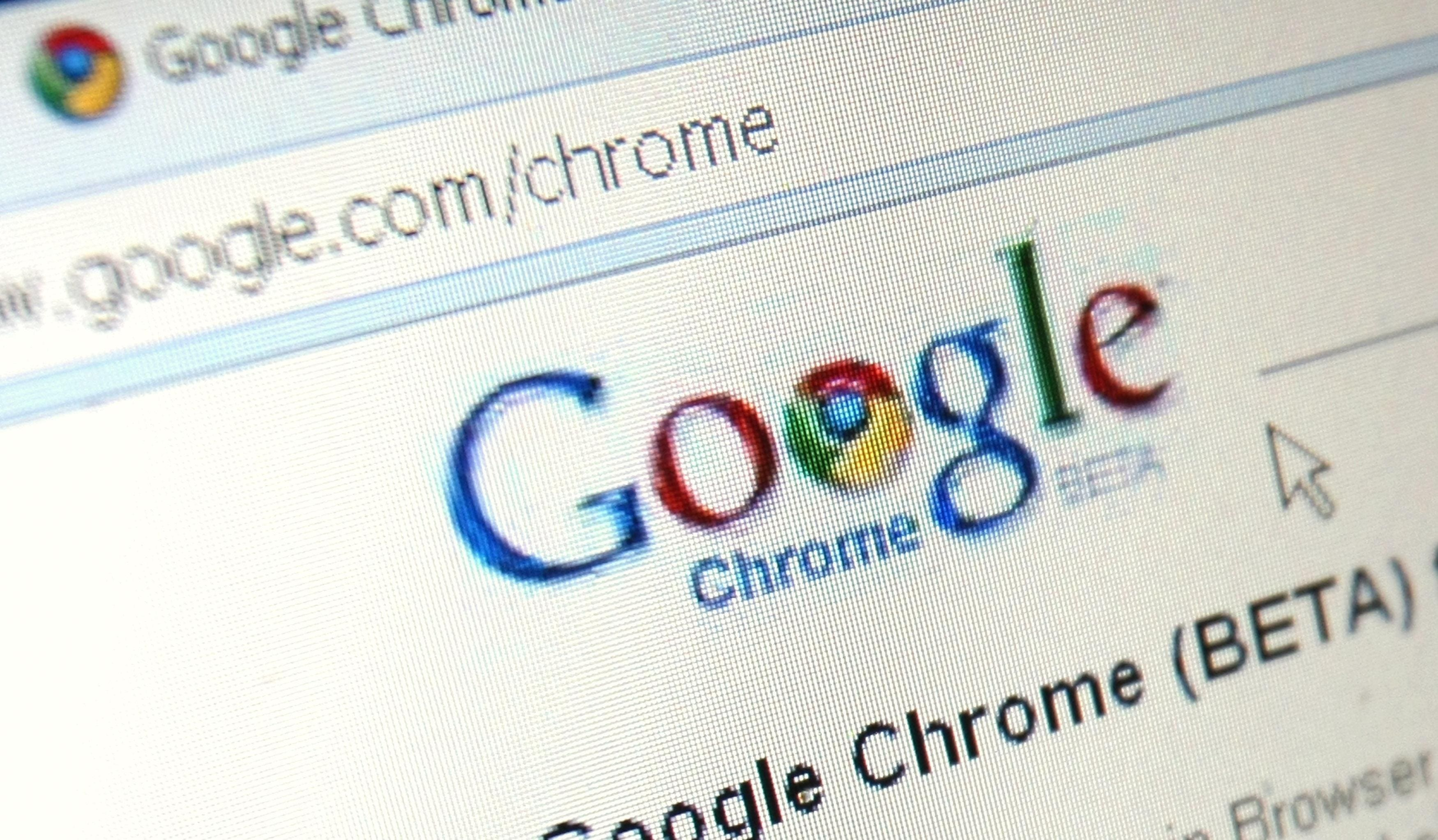
Marc Fonbaustier is the new French Ambassador to Nigeria. In this interview, he spoke about the long-standing relationship between Nigeria and France, saying the closeness did not start with the President Bola Ahmed Tinubu administration. He also spoke on his country’s recent experiences in Niger, Mali and Burkina Faso, and countered the insinuation that Nigeria is only becoming a new ally in an effort to establish new military bases in some parts of the country.
What key areas would you be focusing on concerning the cooperation between France and Nigeria?
As the new Ambassador of France to Nigeria, I had to work, shortly after my arrival on the preparation of the state visit of the president to France at the end of November, which means that I now have a very clear roadmap for my work here during the next years: the joint declaration that was signed between our two governments.
The first five priority areas mentioned in this joint declaration are economic cooperation, cultural and creative industries, agriculture and food security, vocational training and higher education. I believe that these areas reflect very accurately, on the one hand, what Nigeria expects from France, and on the other hand, what France can offer Nigeria, within the framework of a relationship based on respect, shared interest and reciprocity.
How has the relationship between France and Nigeria evolved over the past few years?
Our relationship has come a long way in the last 15 years. In my opinion, the successive stages of this evolution are as follows: first projects supported by our development agency in 2009-2010; in 2014, the strengthening of our security cooperation to combat a common enemy, jihadi terrorism; in 2017, the election of President Emmanuel Macron who, as you know, worked at our embassy for a few months at the beginning of his career in the administration, has fond memories of Nigeria and has paid particular attention to the strengthening of our partnership. In short, the development of our bilateral relationship is the result of two factors: for Nigeria, the diversification of its partnerships; for France, a policy orientation launched more than two decades ago, aiming at strengthening our relationship with all African countries and not only French-speaking African countries.
It is believed that President Bola Tinubu is more amenable to relating with France than any other Nigerian president in recent times, what do you think is responsible for this?
That’s something I was also thinking when I took up this position, but then I looked at the history of our relations since the democratic transition in Nigeria; and if you do that too, you would see that in fact, all Nigerian presidents since the democratic transition have enjoyed excellent relations with France. Just to give the example of presidents Obasanjo and Buhari, it was during President Obasanjo’s mandates that we worked together towards a first phase of diversification in our economic partnership and supported debt relief for Nigeria. It was during President Buhari’s mandates that we strengthened our partnership to improve maritime security and fight terrorism. President Buhari himself made five official visits to France. So yes, our presidents get on well, and that is of course a very good thing, but our bilateral relationship is much more than a person-to-person relationship.
What is the current trade volume between Nigeria and France?
In 2023, the trade between Nigeria and France amounted to 5.1 billion euros. France was Nigeria’s sixth trade partner.
What initiatives has France undertaken to support economic development in Nigeria?
Regarding initiatives that have already started to be implemented, I would like to mention the I-DICE programme that was signed in March 2023. Our funding provides training, mentorship and funding to young entrepreneurs and innovators in the digital technology and creative industries.
Digital technology and creative industries have a huge potential to create jobs and spur economic growth in Nigeria. Among the initiatives that were discussed during the state visit of the president, I would like to point out two projects supporting agriculture and food security through an integrated regional development approach: a programme improving rural and agricultural training in Benue, Oyo and Plateau states through the strengthening of vocational training and entrepreneurship; and the value chain development for northern Nigeria programme in partnership with the International Fund for Agricultural Development, aiming at addressing food security and nutrition concerns in northern Nigeria, with a focus on adaptation to climate change in order to improve productivity and resilience of farming systems.
Can you share some success stories of French investments in Nigeria?
Today, there are around 100 French companies in Nigeria, employing about 16,000 people. I would like to highlight two of them, amongst many others: Danone/Fan Milk, as they have been relentlessly investing over the last years in order to increase local milk production and their dairy products manufacturing capacity. They recently opened a new yoghurt production line in Ibadan. And NutriK, a subsidiary of Nutriset Group based in Kano, manufacturing therapeutic food products while relying as much as possible on locally-produced ingredients. They are doing a great job at making sure that humanitarian interventions benefit not only those who need therapeutic food but also Nigerian farmers.
What are the main challenges French companies face when investing in Nigeria?
I will say that the challenges come mostly from a lack of awareness regarding Nigeria’s potentials. Two essential parts of the visit of the president in Paris were the meeting of the Nigeria-France Business Council, which aimed at enabling partnerships between Nigerian and French companies in order to bridge this awareness gap, and the Business Forum that aimed at highlighting key high-potential sectors of the Nigerian economy: agriculture and agro-industry, infrastructure and energy, as well as new technologies.
How does France view Nigeria’s role in regional security and stability in West Africa?
The Nigerian authorities have repeatedly reaffirmed their intention to help resolve regional security issues, such as terrorism, maritime security or organised crime. We stand ready to support them whenever they request it, in strict compliance with the principle that African problems can only be solved by African solutions.
What would you say on the claim that France is finding succour in Nigeria following its problems with Niger, Chad, Mali and Burkina Faso, among others?
I believe that this claim does not reflect the reality of the relationship between Nigeria and France. The relationship between Nigeria and France did not start the day problems occurred in our relationship with a few of the French-speaking West African countries. Our bilateral relationship has been growing stronger for much longer.
Regarding our relationship with Chad, I would like to highlight that the very communiqué from the Chadian authorities announcing that they were putting an end to the defence cooperation agreement signed with France mentioned that “This decision in no way calls into question the historic relations and friendly ties between the two nations,” and that they remained “open to constructive dialogue to explore new forms of partnership.”
There have been insinuations that France may be complicit in the security situation in Nigeria and West Africa. How true is this allegation?
I am aware that some people have been spreading fake news about this for a long time. Of course there is no truth whatsoever in these insinuations. Our soldiers have fought against terrorist groups for years, side by side with Mali, Burkina Faso and Niger. Fifty-eight of them were killed during operations, which were carried out at the request of West African states.
Just like West African countries, France has been hard hit by the scourge of jihad terrorism. More than 250 of our citizens have been killed by jihad groups in France since 2012. And still, for whatever reason, some people are spreading disinformation. That does not change reality, which is that France has always stood by its African partners in the fight against terrorism. Our common interest is a peaceful and stable world, a peaceful and stable West Africa.
France seems to be losing its influence in Africa, especially in the Sahel. Are you bothered about this situation?
To be very honest with you, I do not fully understand all the commentary regarding this alleged “loss of influence.” Our relationship with the vast majority of African countries is excellent; our partnerships are in fact getting stronger with many countries. Our goal is to foster respectful, balanced and mutually beneficial partnerships, not to “influence.”
Regarding what is happening in West Africa, let’s stick to the facts. At some point, some countries asked us to help them in the fight against terrorism. We sent troops to help them. After a few years, they asked us to withdraw our troops and we withdrew. End of story. In the same way, French military bases were part of our security and defense arrangements with some African states. As times are changing, they are asking us today to close our bases or downsize our military presence. We will do so. End of story. In 1966, French president, Charles de Gaulle asked all NATO foreign troops (mostly troops from the United States of America at the time) to leave French territory. They did so. We are still part of NATO till this day, and we still enjoy an excellent relationship with the United States of America.
There are concerns over France’s alleged plan to build a military base in Nigeria. Are you dumping the idea now?
Nigerian journalists have debunked this fake news on multiple occasions. This idea has never been suggested by either Nigeria or France. There is not the slightest hint of an interest in such a plan, either in Abuja or Paris. It would be interesting to know who is circulating this fake news and for what purpose. In any case, please be rest assured that our security cooperation with Nigeria does not involve any kind of permanent military presence.
With Russia increasing its security support to many African countries, is France looking at the possibility of supporting Nigeria in its fight against insecurity?
I am not sure we are witnessing that much Russian security support to African countries these days. There are indeed a lot of Russian private military companies that seem to be busy, mostly violating human rights and plundering natural resources all over the continent. I do not think we can call that “security support.” Thankfully, many African journalists are doing a great job at uncovering the crimes committed by Russian private military companies all over Africa.
Regarding support from France to Nigeria in its fight against insecurity, yes, this has been happening for quite some time, and it will go on for as long as both countries want it. For instance, we are conducting joint exercises on a regular basis – most recently in Lagos in November 2024. We have sold state-of-the-art equipment to the Nigerian Navy, with tangible effects on maritime security.
What cultural exchange programmes currently exist between France and Nigeria?
In Nigeria, we support a significant network of two French schools, one cultural institute, one research institute and 10 Alliances Françaises, which promote French culture and language; also, all French-speaking expressions from all over Africa, as well as Nigerian artistic productions. We support many producers and young professionals so that they can expand their activities in different sectors, such as fashion, design, animation, music and video games.
At the end of 2025, we will organise the Creation Africa Forum in Lagos, which will bring together over 600 professionals from the African and French creative industries, as jointly decided by our two presidents. This will be an extraordinary way of showcasing the vitality of artistic and creative worlds of the two countries, but also from Africa as a whole, and to illustrate the richness of our partnerships.
I would like to also mention the growing collaborations in higher education and research. More Nigerian students are studying in France – twice as many this year as last – and we are eager to support their career paths and employability when they return to Nigeria. We are also working to improve our academic cooperation, and we are helping teams of researchers from both countries to create projects with a positive impact, for example, around the issue of ecology and recycling on Nigerian campuses.
How is France supporting Nigeria in its fight against climate change?
Among the projects we are funding in Nigeria in order to support its fight against climate change, I would like to highlight, first of all, the credit line we put in place with the Bank of Industry in 2022 for the expansion of green finance in Nigeria in order to finance more projects supporting climate change mitigation and adaptation.
We are also currently working on a programme that aims at supporting the adaptation of the public transportation system in Lagos State through the Omi Eko project, contributing to the reduction of greenhouse gas emissions through electric mobility.
How do you see the future of France-Nigeria relations in the next decade considering the influence of China and Russia in Africa?
In our perspective, African countries, and Nigeria in particular, are not a playing field for competition between international partners. As both our presidents wrote recently in a joint op-ed, “We will not meet the challenges of today’s world by building blocs.”
It is entirely up to African countries to choose their partners. There is room for many international partners in Nigeria, and I am convinced that France has something to bring to the table.
The recent visit of President Bola Ahmed Tinubu to France was an occasion to highlight our shared interest in strengthening our partnership in various areas; and we are already at work.
An area I see as very promising is the support to the agricultural and agri-food sector. I strongly believe that through targeted support to vocational training, production, processing, food markets, together with the Nigerian public and the private sector, as well as other international partners, we can support Nigeria in developing its full potentials and achieving food sovereignty.
Finally, I would like to say that I take very seriously, the need expressed by Nigerian citizens for accountability and transparency on international partnerships. And whenever people ask questions, whenever they ask us to react to any kind of news, true or fake, I will make sure that the Nigerian media and the civil society get answers.
 Join Daily Trust WhatsApp Community For Quick Access To News and Happenings Around You.
Join Daily Trust WhatsApp Community For Quick Access To News and Happenings Around You.
 Join Daily Trust WhatsApp Community For Quick Access To News and Happenings Around You.
Join Daily Trust WhatsApp Community For Quick Access To News and Happenings Around You.
source




 Join Daily Trust WhatsApp Community For Quick Access To News and Happenings Around You.
Join Daily Trust WhatsApp Community For Quick Access To News and Happenings Around You.





